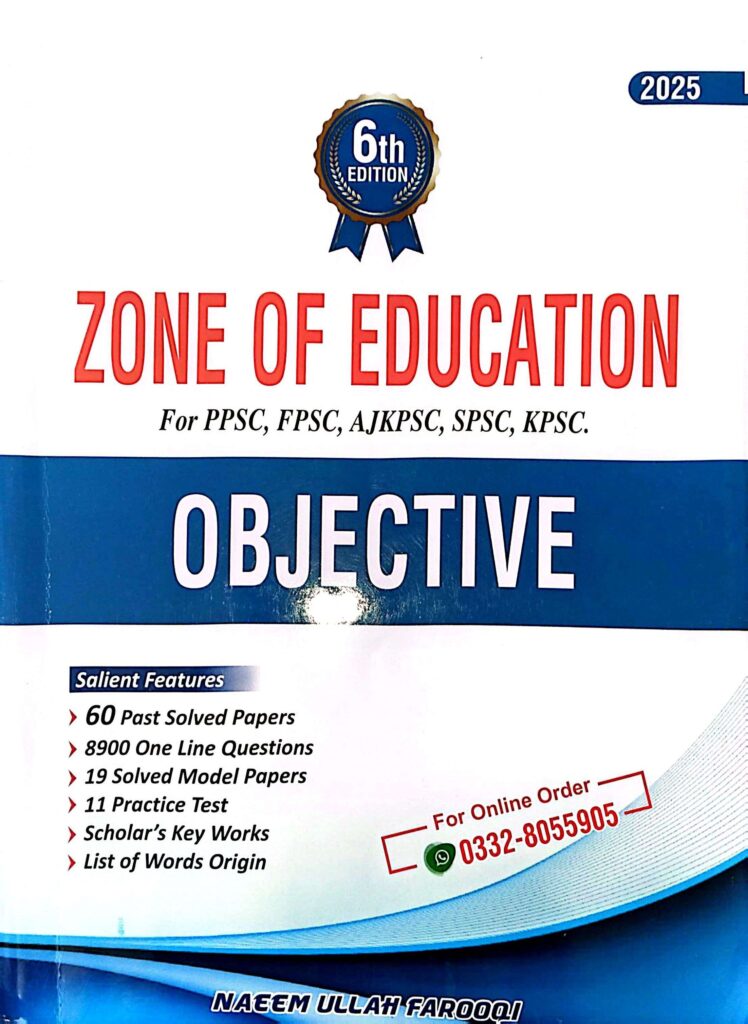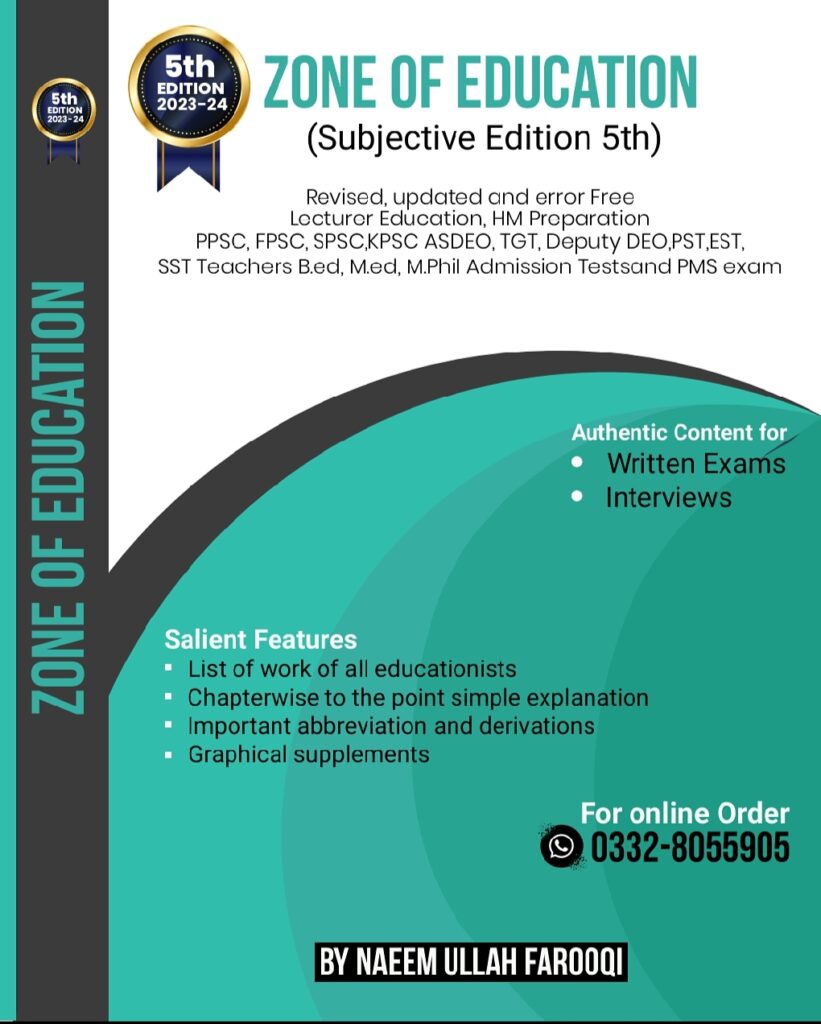GENERAL METHODS OF TEACHING
31. Cooperative learning is an alternative to
(a)Competitive models
(b) Teaching models
(c) Lesson plans
(d) Micro teaching
32. The number of students in cooperative learning groups are
(a) 3-4
(b) 5-6
(c) 8-10
(d) 10-15
33. CAI stands for
(a) Computer analyzed instruction
(b) Computer assisted instruction
(c) Computer assisted interview
(d) Computer analyzed interview
34.Students find/explore the informations themselves in:
(a) Lecture method
(b) Discovery method
(c) Both
(d) None
35.Teacher performs practically and explains in
(a) Lecture method
(b) Discovery method
(c)Demonstration method)
(d) Problem solving method
36. Role of student is active in:
(a) Discovery method
(b) Problem solving method
(c) Inquiry method
(d) All above
37. Which is more suitable in teaching of science?
(a) Lecture method
(b) Demonstration method
(c) Discussion method
(d) Project method
38. Which one is exception?
(a) Books
(b) Magazines
(c) Diagrams
(d) T.V
39. Which is not included in print media?
(a) Books
(b) Magazines
(c) Diagrams
(d) T.V
40. How many senses a person uses while observing film?
(a) 1
(b)2
(c) 3
(d) 4
41, How much knowledge is gained through the sense of seeing?
(a) 75%
(b) 13%
(c) 6%
(d) 3%
42.How much knowledge is gained through the sense of listening?
(a) 75%
(b) 13%
(c) 6%
(d) 3%
43.How much knowledge is gained through the sense of touch?
(a) 75%
(b) 13%
(c)6%
(d) 3%
44. How much knowledge is gained through the sense of smell?
(a) 75%
(b) 13%
(c) 6%
(d) 3%
45. How much knowledge is gained through the sense of taste?
(a) 75%
(b) 13%
(c) 6%
(d)3%
46. According to W. Therber, types of Models are:
(a) 2
(b) 3
(c) 4
(d) 5
47. Mock up models are those which explain
(a) Principles or working of machine
(b) Internal structure
(c)Seeing 75%
(d) External structure
48. A field trip is arranged for?
(a) Making an excursion
(b) See other people doing things
(c) Note the meaning of action
(d)All of the above
49. Interest can be created in students in specific topics of study by the use of:
(a) Chalk board
(b) Fellalin
(c) Bulletin board
(d) All of the above
50.The most direct experience from the following is that of:
(a)problem solving(b)5 steps
(c) Motion pictures
(d) Field trip
51.What is true about Science Text Book?
(a) There is no difference between textbook and curriculum
(b)Our teachers take textbook as curriculum
(c) Our teachers do not take textbook as a part curriculum
(d) Textbook does not help in the selection of instructional activities
52.Which one is a standard for demonstration method?
(a) Students should observe the demonstration and teacher should not tell important finding
(b) To keep accuracy of results the teacher should dictate the result
(c) Demonstration should be pre-tested to remove the weakness in demonstration
(d) All of the above
53. Method based on the facts that students learn association, activity and cooperation is known as.
(a) Demonstration
(b) Project
(c) Problem-solving
(d) Discussion
54.Exhibition of Science fairs promote students ability of:
(a) Knowledge and comprehension
(b)Comprehension and application
(c) Higher order skills
(d) Lower order skills
55.The ultimate focus of scientific method is on:
(a) Hypothesis formulation
(b) Observations
(c) Experimentation
(d)Formulation of a law/theory
56. What is the first step in the Project method of teaching?
(a) Determination of activities
(d)Determination of objectives
(c) Planning
(d) Distribution of work
57. Which one is NOT the Psychological principle of teaching?
(a) Proceed from concrete to abstract
(b) Proceed from complex to simple
(c) Proceed from known to unknown
(d) Proceed from simple to difficult
58. Which is the SECOND step in the problem solving method?
(a) Testing hypothesis
(b) Recognition and definition of problem
(c) Conclusion
(d) Formulation of hypothesis
59. Which is the best method of teaching Science at school level?
(a) Lecture
(b) Analytical
(c) Direct
(d)Demonstration
60. Which is not the step of scientific method:
(a) Observation
(b) Experiment
(c) Prediction
(d) Interview
JOIN ZONE OF EDUCATIONPK!
Discover the most comprehensive and reliable pedagogy resources in Pakistan, curated for competitive exam success. Our content covers all competitive exam MCQs, including PPSC, FPSC, AJKPSC, SPSC, and more. Designed to empower learners with top-notch material and insights, trust us for your preparation journey!


